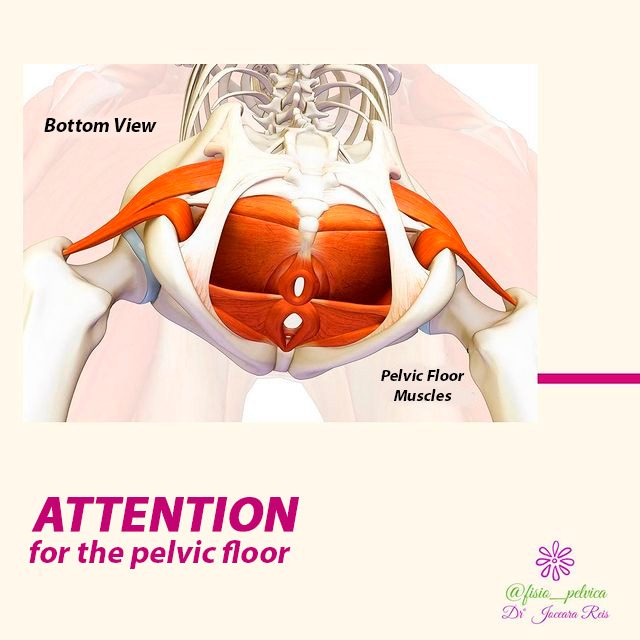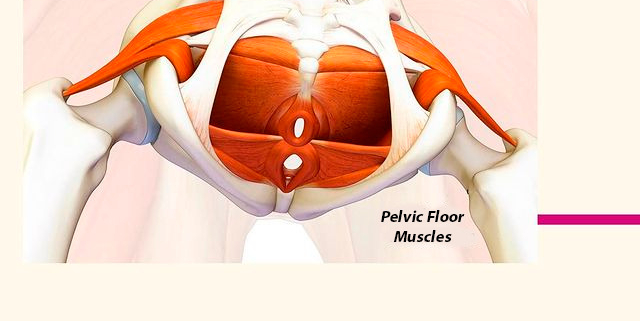Attention to the Pelvic Floor
Source: Dr. Joceara Reis
The pelvic floor is essential for the control of urine, feces and sexual function.
One of the most common pelvic floor dysfunctions is urinary incontinence, which is the involuntary loss of urine. It can range from small losses during coughing, laughing, jumping up and down, or total loss of bladder and/or bowel control, which must be evaluated and treated by a specialized health care professional.
Other examples of pelvic floor dysfunctions are pelvic organ prolapse and diastasis. Prolapse can cause pelvic pain, a feeling of pressure in the vagina, and urinary loss. Diastasis, on the other hand, can result in back and hip joint pain.
The good news is that there are treatment options and ways to prevent these pelvic floor problems.
For prevention or presence of symptoms or in the pelvic region, I recommend:
1. Evaluation with a qualified professional who specializes in the area, if necessary, ask for referrals or research the professional.
2. Talk about your concerns and keep a symptom diary to remember during the appointment.
3. Record what is most painful, when, what you are doing when pain or symptoms occur or worsen.






